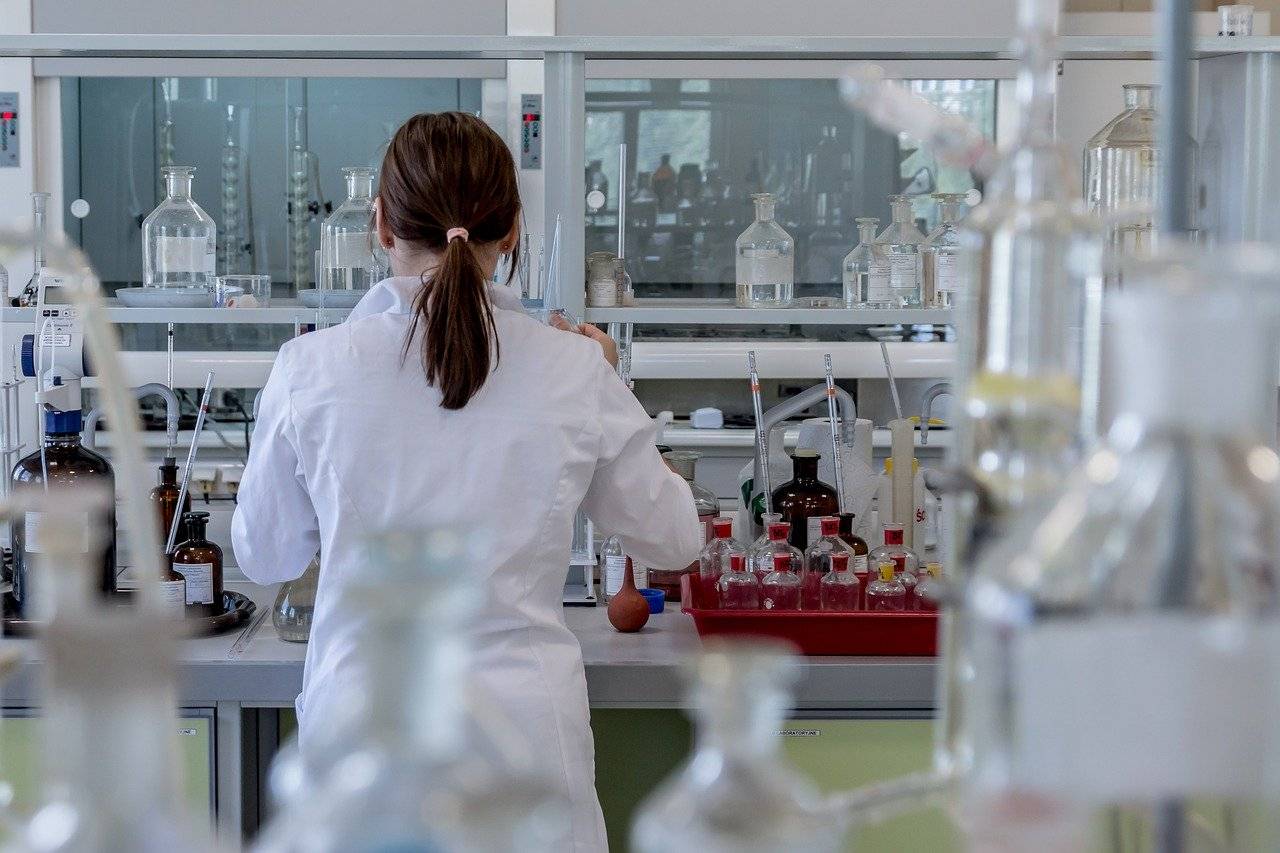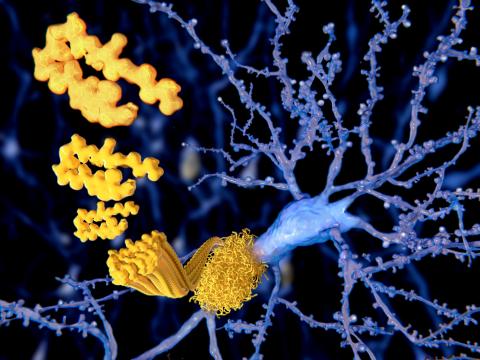Reactions: four out of ten biomedical researchers in Spain admit to scientific misconduct in a study
In a recent study of the experiences of biomedical researchers in Spain, 43% of respondents admitted to having intentionally committed some form of scientific misconduct. The most frequent kind of misconduct was false authorship of scientific articles: 35% of the 403 respondents said they had been involved in some instance of it, says the study published in the journal Accountability in Research. Ten per cent of respondents reported a lack of informed consent, and 3.6 per cent admitted to having been involved at least once in falsification or manipulation of data.

Mala conducta - Pere Puigdomènech EN
Pere Puigdomènech
Emeritus researcher at the Centre for Research in Agrigenomics (CRAG)
President of the Committee for Research Integrity in Catalonia (CIR-CAT)
The survey's results are surprisingly high in terms of the percentage of respondents who admit to having committed some form of malpractice (43%). These results are not similar to previous studies conducted in other countries. The reasons may be that it was carried out in a very specific group of clinical researchers who responded voluntarily. There are responses that I find surprising, such as 2% having used purchased articles, which is a really extreme figure.
The conclusion would be that, while the results of this study need to be confirmed, there is a group of researchers working in an environment where malpractice is somehow condoned, and this is worrying. We have been repeating for years that there is an urgent need in Spain to raise awareness of [scientific integrity] issues. There should also be systems in place to analyse misconduct, and disciplinary measures should be taken in the most serious cases.
Eduard Aibar - encuesta integridad EN
Eduard Aibar
Science and Technology Studies Professor
This article presents the first study to date on the perception, attitudes and experiences of scientific fraud among researchers in the field of biomedical science in Spain. The study is based on a survey of 27 questions, answered anonymously by 403 scientists. Although the sample is not representative, the results are reliable and undoubtedly significant. The statistical analysis carried out is very rigorous and, in addition, both the research design and the discussion of the results are solidly anchored in the most important previous international literature.
The main result is undoubtedly the high prevalence of scientific fraud in our country. Four out of ten researchers report having engaged in fraudulent conduct; a figure slightly higher than that shown in similar studies in other countries. The study also has the merit of extending the traditional types of scientific fraud (falsification, manipulation and plagiarism) to the new varieties that have emerged in recent decades: false authorship, conflicts of interest, publication in predatory journals and the use of paper mills (companies that produce fraudulent articles in exchange for money). Some of these new variants of fraud show worrying rates in Spain, as they are clearly higher than in other neighbouring countries.
"I have no conflict of interest. I have interviewed the study's first author as part of my research on scientific fraud in Spain."
Candal et al.
- Artículo de investigación
- Encuesta
- Revisado por pares



